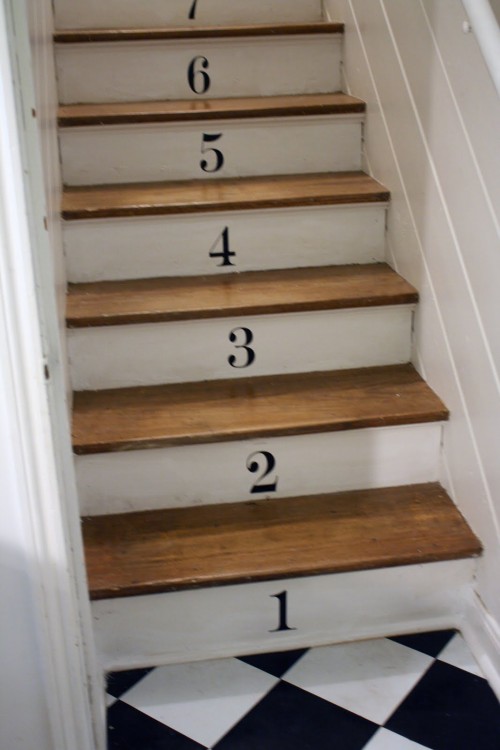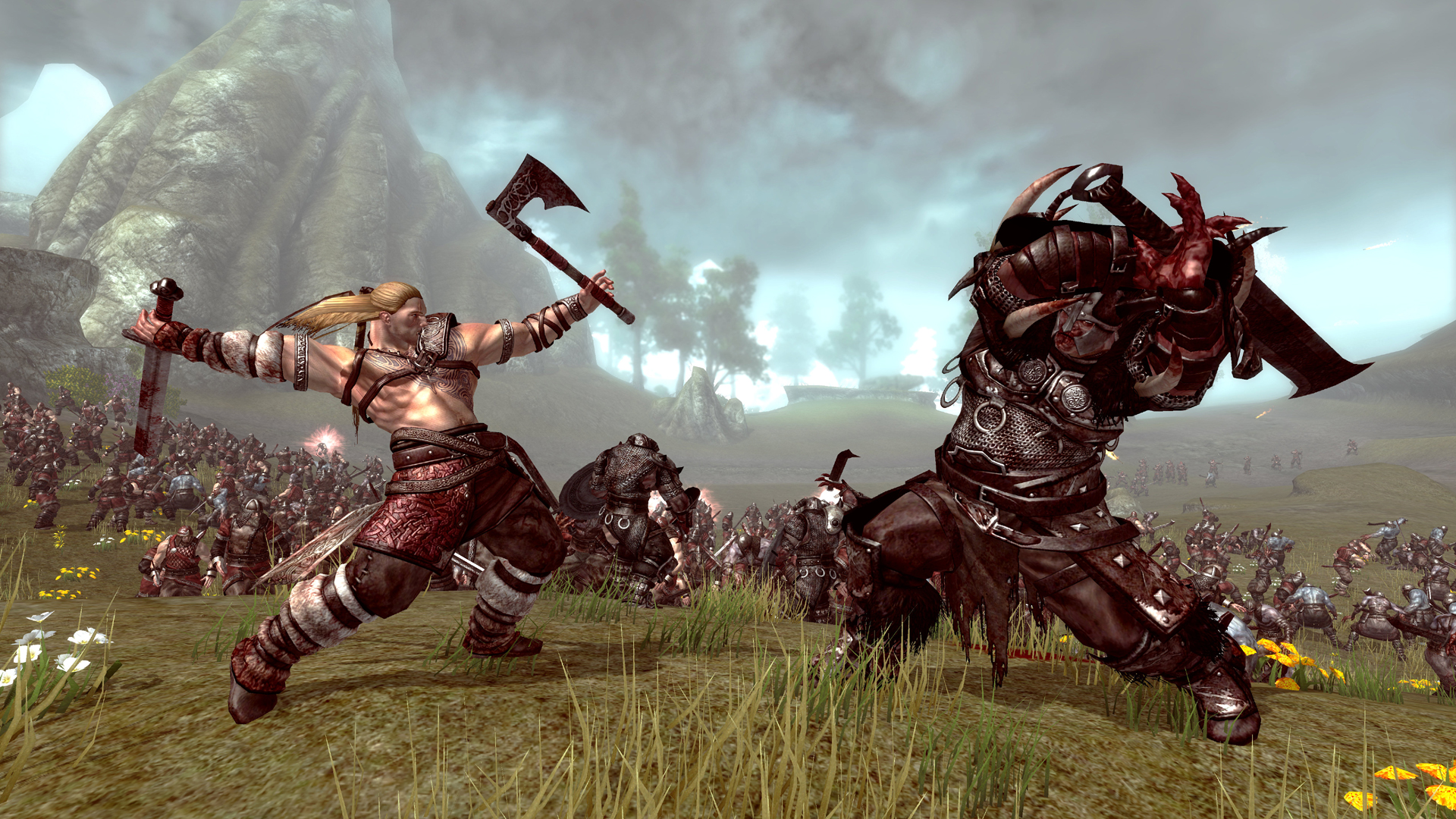When I was little I used to ask my mother all sorts of questions about the world. She was the fount of all knowledge and it never occurred to me that she might not know the answer to a question.
Things haven't changed much now that I'm all grown up. I still expect my mother to know the answer to everything. The only thing that has changed is the kind of question I ask. Where it used to be "Mom, what's under the floorboards?" (The foundations of the house - and lots of spiders) or "Why do dogs eat grass?" (It's their vegetables) or "Look at this green stone I found! Do you think it's an emerald?" (No, darling, I think it's a piece of green glass), I now ask infinitely duller questions like "Mom, do you think I can contest this parking ticket?" and "How do you go about choosing a pension plan?" and "Why has Microsoft Excel changed this list of numbers into obscure formulas?"
And she still always has the answer.
Calvin's dad says that fathers get a book. I think mothers get one too.
This is what it says in my mother's book:
1. Do you have a tissue in your pocket?
4. I'm just going to let this one ride. I've learnt in life that you have to choose your battles carefully.
5. A year from now, will it still matter? (And if it won't, then there's no need to get stressed over it now.)
6. Don’t wear yourself out. It’s much more productive to
have a rest and recharge, then continue later.
7. Hey – where did you learn to eat without laying the table properly first?!
9. I need to tidy up here before I get down to work. I
can’t concentrate with all this clutter lying around.
11. Networking, sweetheart, networking!
And once you've made contacts, you have to groom them.
12. Insomnia is when you are lying in bed with your eyes closed and sleep doesn’t come. Sitting in front of the computer reading Wikipedia at 3 in the morning isn’t insomnia.
13. Don’t you think you should have something to eat before
you go out? No, not a biscuit, I mean proper food.
16. Take a pen from the cupboard in the hall – there’s a
whole pack of them there. There are also paper clips, rubber bands, bottles of
Tipp-ex, rolls of Sellotape, and all manner of things that are just there and
have always been there and will always been there.
17. Come on, focus!
19. You can roll your eyes all you like, but what I’m telling you comes from the lofty heights of experience.
22. You must put
moisturiser on your face. Because otherwise when you are 40 you will look like
a dried-up old prune, and you will come to me and say, “I wish I had used moisturiser”, and I’ll be so upset and I won’t be
able to do anything about it. But I can do something about it now, so I’m
telling you, please use moisturiser.
23. I have no patience with the way children are
mollycoddled and indulged at school now. In my day, there were none of these
games and fun activities and brightly-coloured textbooks with pictures on every
page. We sat quietly, you listened to the lesson, and we didn’t give the
teacher any nonsense. And we learned.
25. Of course I’m ready for my trip next week. My suitcase
has been packed and waiting at the door for the last two weeks.
26. There's time to do anything, but always at the expense of something else.
27. I’m doing it like baking a cake. (When my mother bakes a cake, she puts the flour and sugar out on the kitchen counter one day and the butter and eggs the next day, then the following day she mixes everything , she bakes it the day after that, and ices it the day after that. It takes a week to make a cake, one step at a time.)
27. I’m doing it like baking a cake. (When my mother bakes a cake, she puts the flour and sugar out on the kitchen counter one day and the butter and eggs the next day, then the following day she mixes everything , she bakes it the day after that, and ices it the day after that. It takes a week to make a cake, one step at a time.)













